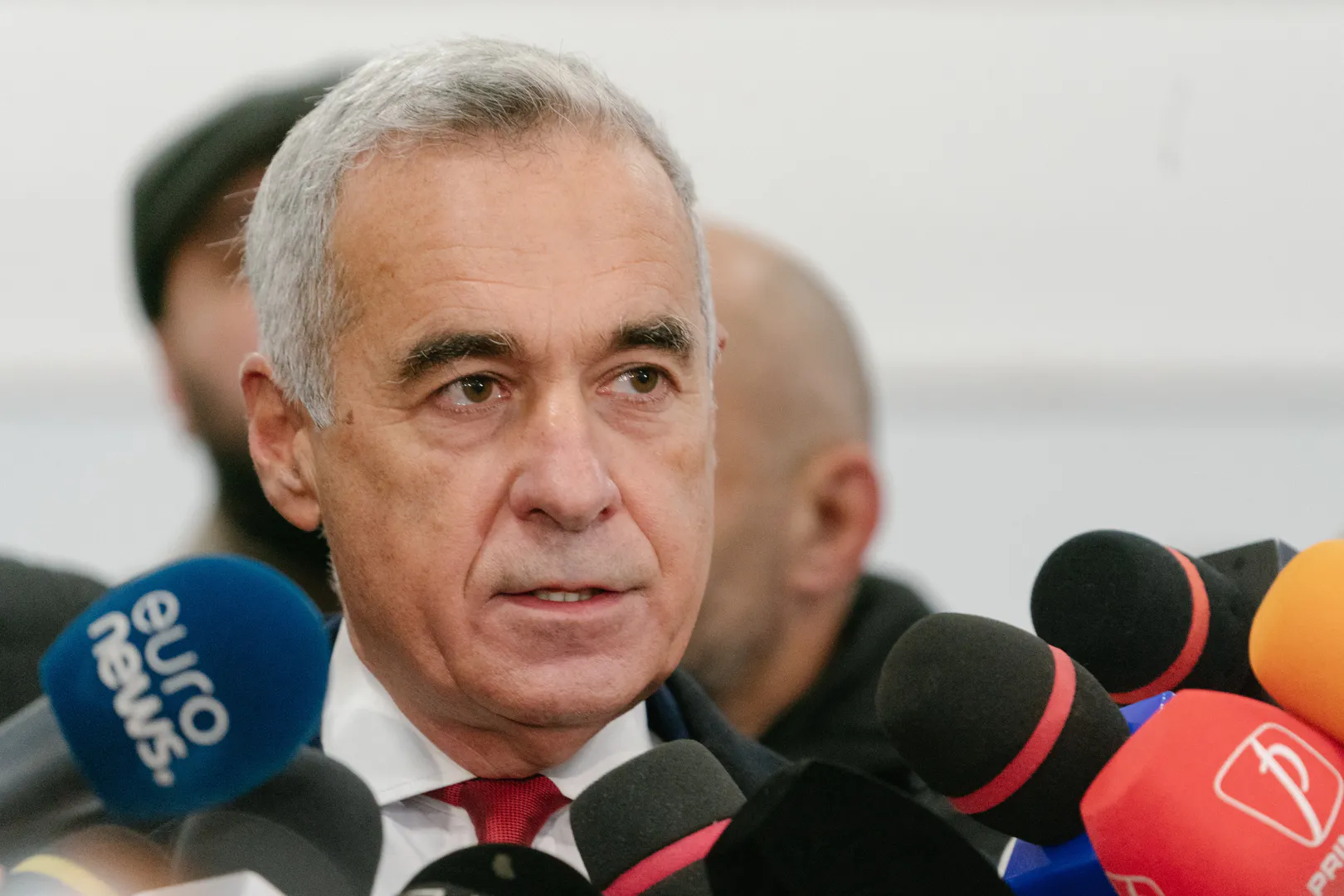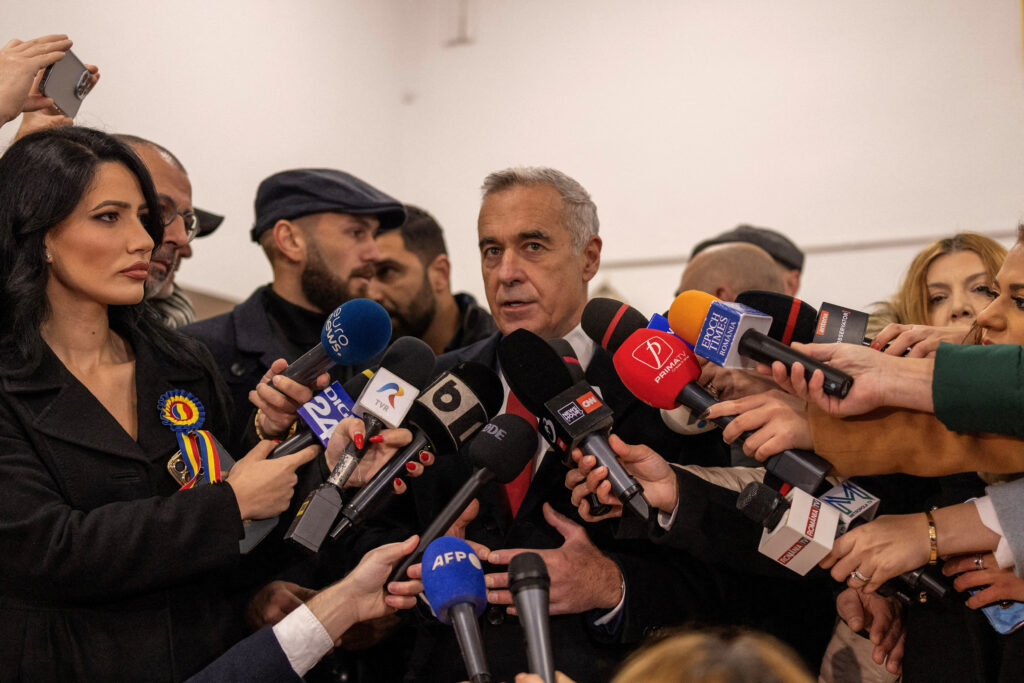Romania’s Constitutional Court has annulled the first round of the country’s 2024 presidential election, which was narrowly won by far-right candidate Calin Georgescu. The court’s decision effectively cancels the planned second-round runoff between Georgescu and his centrist opponent, Elena Lasconi. The ruling was based on concerns over the legitimacy and fairness of the electoral process, with the court referencing the need to uphold the integrity of the election system as outlined in Romania’s Constitution.
This decision marks the latest twist in a problematic election cycle, following allegations of foreign interference, particularly from Russia. Declassified documents from Romania’s top security council revealed evidence of Russian cyber-attacks targeting the election’s digital infrastructure, as well as coordinated manipulation on social media platforms, notably TikTok, where Georgescu ran much of his campaign. Romanian intelligence reports indicated more than 85,000 attempted cyber-attacks, attributed to foreign sources with significant capabilities.

Romania’s Election Annulled Amid Allegations of Russian Interference and Rising Political Tensions
The allegations of foreign interference raised alarms both within Romania and internationally. The U.S. State Department voiced its concerns about the impact of Georgescu’s potential presidency, warning that it could lead Romania away from its pro-Western alliances, particularly with NATO and the European Union. The U.S. expressed confidence in Romania’s democratic institutions, emphasizing the importance of investigating foreign influence in the election. At the same time, protests erupted in Bucharest, with demonstrators showing support for Lasconi and opposing the rise of far-right politics in Romania.
Georgescu’s unexpected rise to prominence came after he secured 22.9% of the vote in the first round, narrowly surpassing Lasconi, who garnered 19.2%. Despite not openly identifying as pro-Russian, Georgescu’s remarks about Ukraine and his stance on foreign policy stirred suspicions about his alignment with Russian interests. His campaign focused on addressing Romania’s economic issues, particularly the cost-of-living crisis, and on ending Romania’s support for Ukraine, a position that raised concerns given Romania’s proximity to the war-torn nation.
On the other hand, Lasconi’s platform was centered around preserving Romania’s Western alliances and maintaining its support for Ukraine. Representing the Save Romania Union (USR), she positioned herself as a defender of Romania’s European integration. The annulment of the election results and the ensuing political unrest highlight the stark divisions within Romania, where protests and debates about foreign influence continue to dominate the political conversation. As the country faces a new electoral cycle, the future of its political direction remains uncertain.











































